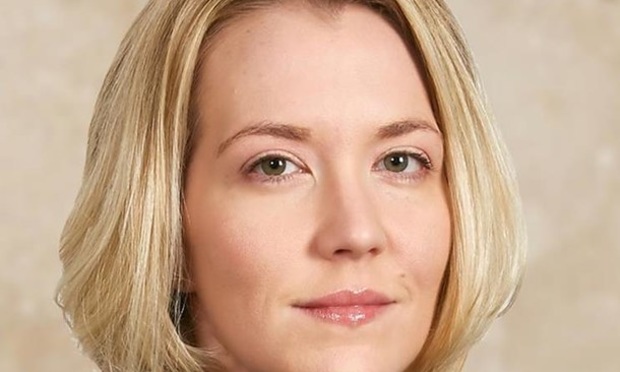In the heyday of the video-sharing service Vine, Kayla Newman, a Chicago-area teen, birthed a new catchphrase for the millennial generation with two words—“on fleek.” Her original video had 20 million views on Vine, and on Instagram the hashtag “#onfleek” was mentioned over 200,000 times. Shortly thereafter five different third parties, including the teen, applied to register the phrase “on fleek” at the U.S. Patent & Trademark Office (USPTO). Only one entity was able to successfully register the mark for cosmetics and makeup. And the successful registrant was not Newman, whose application is currently suspended. In interviews, Newman expressed frustration with not being able to monetize her contribution to the cultural milieu. As Newman put it, she “gave the world a word” and never saw a dime.
Social media and the connections it creates has led to the “viralization” of culture, as evidenced by the speed with which hashtags like #MeToo and #BlackGirlMagic or social movements like Time’s Up enter the collective consciousness and become household words. And as soon as they do, individuals and businesses seek to capitalize on the movements, memes and catchphrases that generate the most views. For many, trademark registration is seen as the way to cash in by obtaining exclusive rights to something everyone else wants to use or say. This instinct is understandable but misguided. In reality, the widespread use of any expression dooms its ability to function as a trademark because it will never have meaning to consumers apart from the cultural significance the phrase has attained. These “social trademarks” are therefore not trademarks at all.


 Tyler Marandola, left, and Jenna M. Loadman, right, of Ballard Spahr.
Tyler Marandola, left, and Jenna M. Loadman, right, of Ballard Spahr.




